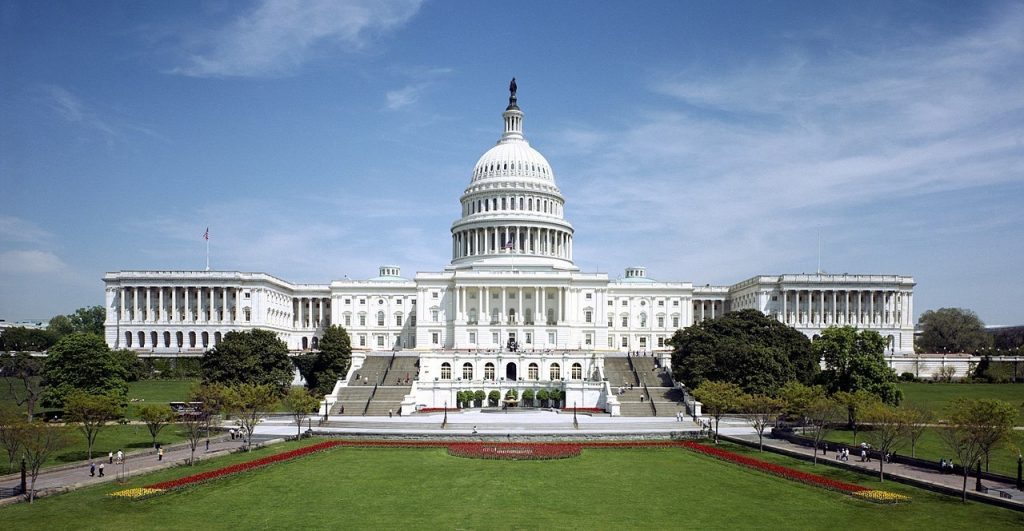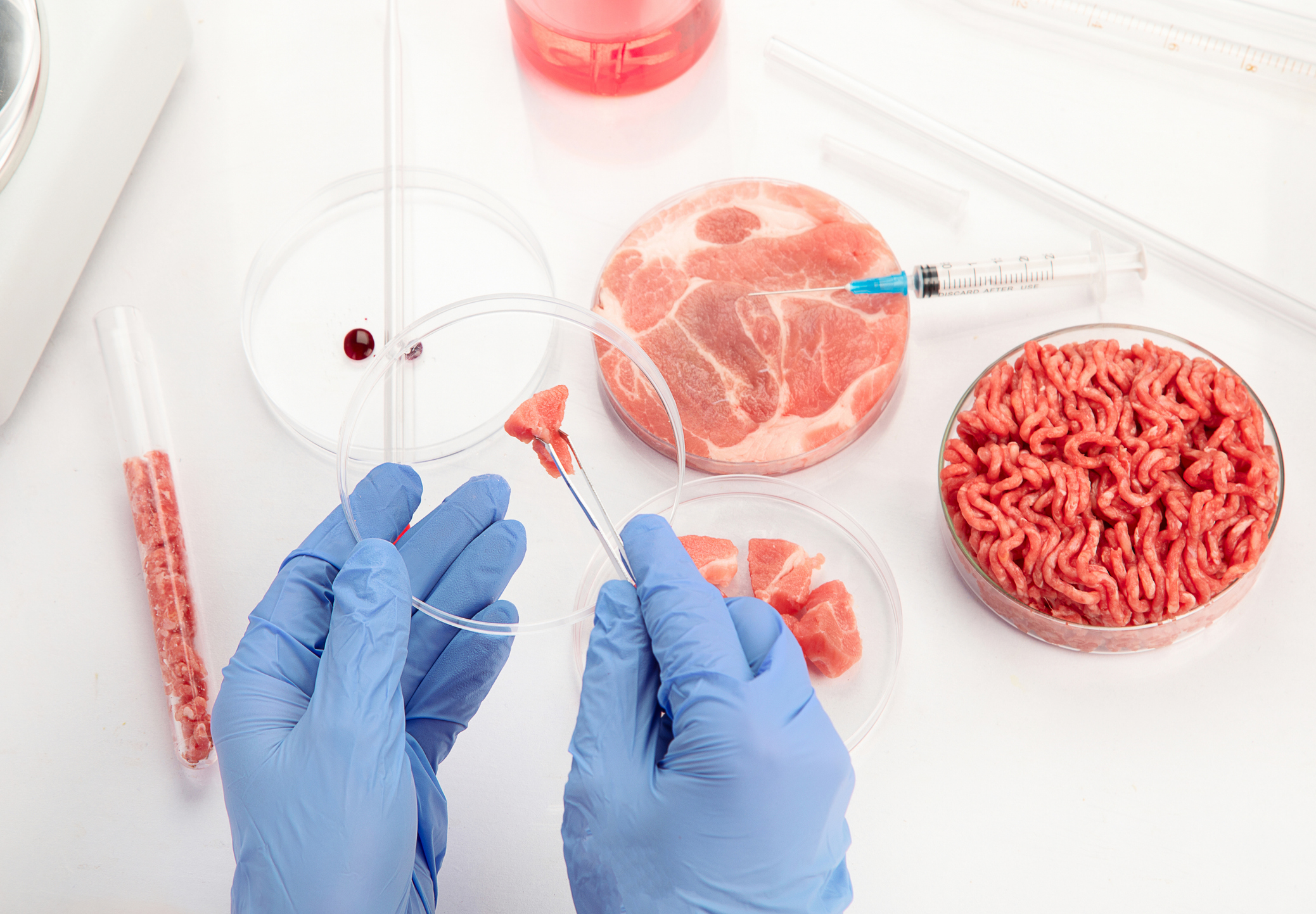
House Speaker Nancy Pelosi has indicated that tomorrow the House will pass H.R. 266, the Paycheck Protection Program and Health Care Enhancement Act. Under the bill, the Paycheck Protection Program (PPP) for small businesses would be replenished, and additional funding would be provided for hospitals and coronavirus testing. While the legislation is sequentially the fourth major package, the administration and Congress are describing the bill as only an interim step as negotiations continue on a “Phase Four” package. The interim emergency aid measure is being considered as a Senate amendment to H.R. 266. The aid package will allocate an additional $484 billion and will include:
- $310 billion in additional lending authority for the PPP, with some funds set aside to support loans issued by smaller lenders.
- $60 billion for separate disaster loans to small businesses.
- $75 billion for hospitals.
- $25 billion for virus testing.
The bill does not include additional funding to support states and cities sought by Democratic legislators. It also does not alter the eligibility rules for businesses seeking aid under the PPP.
Small Business Loans
Paycheck Protection Program
The Phase Three coronavirus response package (PL 116-136) provided $349 billion for the PPP, which offers forgivable loans guaranteed by the Small Business Administration (SBA). Under the PPP, loans to borrowers that pay eligible payroll expenses or rehire workers over eight weeks will be forgiven. The program is open to businesses and 501(c)(3) nonprofits with 500 or fewer employees, self-employed workers, and some companies that are part of food or hotel chains, among others. The loans are processed on a first-come, first-served basis through approved financial institutions. After some initial administrative delays, the program began lending on April 3, and funding was exhausted within two weeks.
Additional Authorization & Funding
The SBA’s 7(a) small business loan program — including the PPP — would be provided a $310 billion increase to support a total of $659 billion in lending. That total would be more than 20 times the lending limit for FY 2020 set by Congress last year (PL 116-93). Total funding for the SBA to guarantee the loans would increase to $670.3 billion. The SBA would have to guarantee:
- $30 billion in loans issued by insured depository institutions or credit unions with $10 billion to $50 billion in consolidated assets.
- $30 billion issued by insured depository institutions or credit unions with less than $10 billion in assets, or community lenders such as community development financial institutions and minority depository institutions.
The bill also provides an additional $2.1 billion for the SBA to administer coronavirus response programs.
Disaster Loans
The Phase Three coronavirus bill provided $10 billion to expand the SBA’s Economic Injury Disaster Loan (EIDL) program to businesses, cooperatives, employee stock ownership plans, and tribal businesses with 500 or fewer employees, as well as sole proprietors and independent contractors. Congress authorized the SBA to advance as much as $10,000 to EIDL recipients to pay sick leave to workers affected by Covid-19, retain employees, and make other covered payments. Borrowers do not need to repay those advance EIDL funds.
The interim bill would provide an additional $10 billion to replenish the program and another $50 billion for SBA guarantees under its broader disaster loan program. Small agricultural businesses with 500 or fewer employees would be permitted to obtain funds under both disaster programs.
Healthcare Funding
Hospitals
H.R. 266 would provide $75 billion for healthcare providers through the Public Health and Social Services Emergency Fund. Funding could be used to reimburse providers for coronavirus-related expenses and lost revenue. Funds would be distributed under the same terms as the Phase Three package, which provided $100 billion. Funding could go to public entities, providers enrolled in Medicare and Medicaid, and other for-profit and nonprofit entities that provide diagnoses, testing, or care for individuals with Covid-19.
Testing
H.R. 266 would provide $25 billion for Covid-19 testing, including for active infections and previous exposure, through the Public Health and Social Services Emergency Fund. Funding could be used for manufacturing and distributing tests, procuring supplies such as personal protective equipment needed to administer tests, developing rapid point-of-care tests, and conducting surveillance and contact tracing. Up to $1 billion of the testing funds could be used to cover tests for the uninsured. Funding would include $11 billion for states, localities, territories, and American Indian tribes and would be distributed accordingly:
- $4.25 billion would be allocated to states, localities, and territories based on their relative number of Covid-19 cases.
- $2 billion would be allocated to states, localities, and territories based on a formula that applied to the Public Health Emergency Preparedness cooperative agreement in fiscal 2019.
- $750 million would be allocated to tribes in coordination with the Indian Health Service (IHS).
Funding recipients would have to submit a testing plan to the Department of Health & Human Services (HHS) including the number of tests needed, monthly estimates of lab and testing capacity, and information on how it will use testing to ease community mitigation policies. The measure would allocate:
- $1 billion for the Centers for Disease Control and Prevention (CDC) for activities such as surveillance, contact tracing, and lab capacity expansion.
- $1 billion for the National Institutes of Health (NIH) to develop testing and accelerate research on rapid testing, plus $500 million for the National Institute of Biomedical Imaging and Bioengineering (NIBIB) and $306 million for the National Cancer Institute (NCI).
- $1 billion for the Biomedical Advanced Research and Development Authority (BARDA) for research, manufacturing, and purchasing tests.
- $600 million for community health centers and federally qualified health centers, as well as $225 million for rural health clinics.
- $22 million for the Food and Drug Administration (FDA).
Congress would requires HHS to issue reports on testing, diagnoses, hospitalizations, and deaths that include data on demographic characteristics of those affected. Congress would also require HHS to submit a strategic testing plan, including how it will increase domestic testing capacity and address disparities in communities.
Oversight
Congress would allocate $6 million of the bill’s funds to the HHS Office of Inspector General for oversight.
Latest News
In our latest episode of the Back in Session podcast, we had the pleasure of hosting Pennsylvania State Representative Tim O'Neal. Our conversation covered a range of topics from the recent state budget to election [...]
Photo credit: iStock.com/naturalbox The debate over raw milk legislation has intensified in 2024, with several states introducing or passing bills that address the sale and distribution of unpasteurized dairy products. Raw milk has not undergone [...]
Photo credit: iStock.com/bit245 Over the July Fourth holiday, many Americans will be grilling and barbecuing with their families and friends. A 2020 survey showed that Independence Day is the most popular holiday for grilling. In [...]
In this episode of the Back in Session podcast, hosts Ryan Stevens and Ryan DeMara sit down with Terra McClelland, President of the State Government Affairs Council (SGAC) and Vice President of Government and External [...]





Stay In Touch